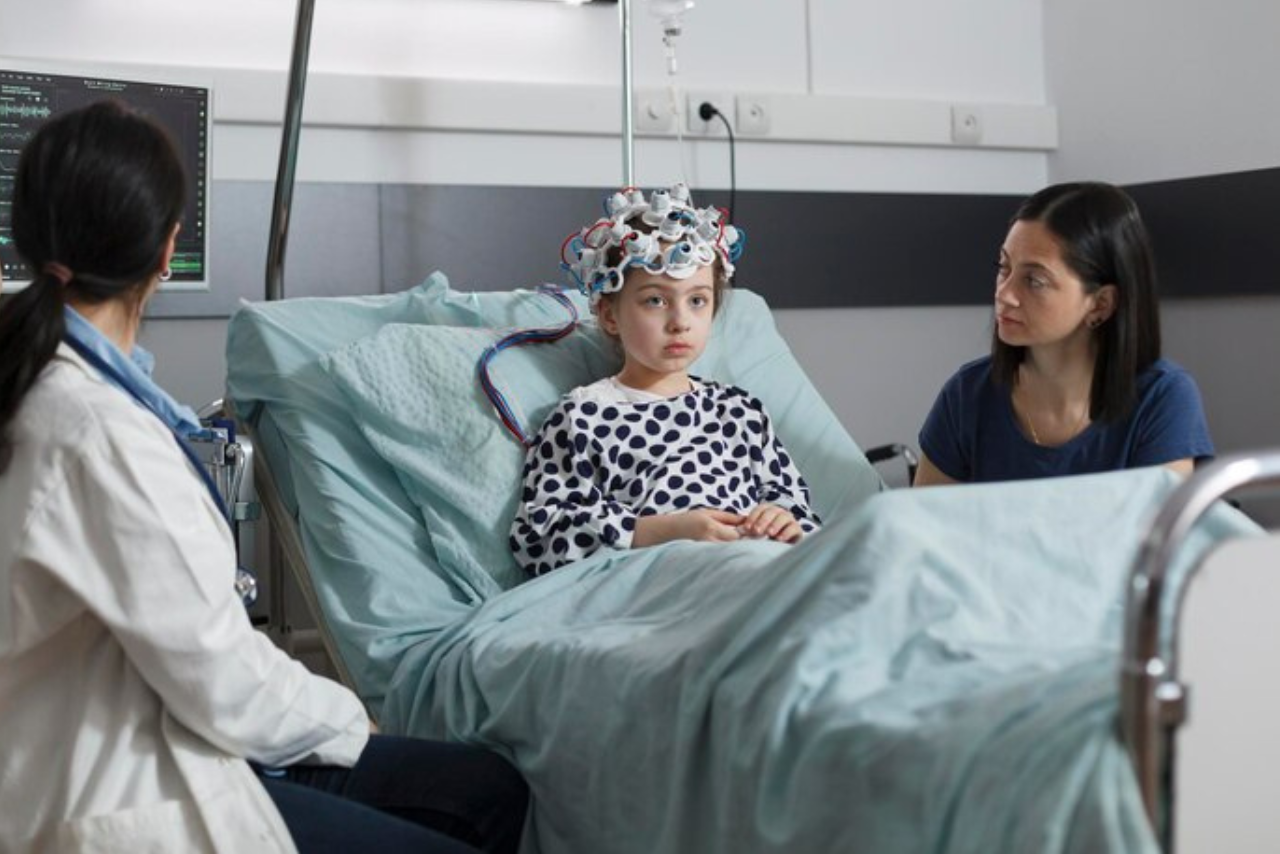

Neurological disorders are conditions that affect the brain, spinal cord, and nerves, disrupting the body's ability to function properly. These disorders can range from mild to severe, and early diagnosis and treatment are essential for managing them effectively. In this blog, we’ll explore common neurological conditions, their symptoms, causes, and available treatments.
Neurological disorders encompass a wide range of conditions that impact the nervous system. These can be caused by structural, biochemical, or electrical abnormalities in the brain, spinal cord, or nerves. Common examples include migraines, epilepsy, Alzheimer’s disease, Parkinson’s disease, and multiple sclerosis.
1. Migraines
Symptoms: Intense headaches, nausea, sensitivity to light and sound, and visual disturbances.
Chronic neurological disorders like migraines can significantly impact daily life.
2. Epilepsy
Symptoms: Recurring seizures, temporary confusion, and loss of awareness.
This condition arises due to abnormal electrical activity in the brain.
3. Alzheimer’s Disease
Symptoms: Memory loss, confusion, difficulty completing familiar tasks, and mood changes.
Alzheimer’s is a progressive disorder affecting cognitive function.
4. Parkinson’s Disease
Symptoms: Tremors, stiffness, slow movement, and impaired balance.
This condition results from the loss of dopamine-producing neurons in the brain.
5. Multiple Sclerosis (MS)
Symptoms: Fatigue, numbness, difficulty walking, and vision problems.
MS occurs when the immune system attacks the protective covering of nerves.
The causes of neurological disorders vary widely, but some common factors include:
Genetics: Hereditary conditions like Huntington’s disease are passed down through families.
Infections: Certain infections, such as meningitis, can damage the nervous system.
Trauma: Head injuries can lead to conditions like traumatic brain injury (TBI).
Lifestyle Factors: Poor diet, lack of exercise, and chronic stress can contribute to neurological diseases.
Environmental Factors: Exposure to toxins or chemicals may increase the risk of developing these disorders.
Accurate diagnosis is crucial for effective treatment. Doctors use a combination of the following methods:
Medical History: Understanding symptoms and family history.
Neurological Exams: Assessing reflexes, coordination, and sensory responses.
Imaging Tests: MRI, CT scans, and PET scans provide detailed views of the brain and spinal cord.
Electrodiagnostic Tests: EEGs and EMGs evaluate electrical activity in the brain and muscles.
Treatment options for neurological disorders depend on the specific condition but may include:
1. Medications
Anticonvulsants for epilepsy.
Dopamine agonists for Parkinson’s disease.
Cholinesterase inhibitors for Alzheimer’s disease.
2. Physical Therapy
Helps improve mobility, balance, and strength.
Commonly used for conditions like multiple sclerosis and Parkinson’s.
3. Surgery
Used for severe cases, such as removing brain tumors or repairing damaged nerves.
4. Lifestyle Modifications
Adopting a healthy diet and regular exercise routine.
Managing stress through mindfulness and relaxation techniques.
5. Supportive Therapies
Occupational therapy to aid daily functioning.
Speech therapy for communication difficulties.
While not all neurological disorders can be prevented, adopting a healthy lifestyle can lower your risk:
Maintain a Balanced Diet: Include brain-boosting foods rich in omega-3 fatty acids and antioxidants.
Stay Active: Regular exercise supports overall health and reduces the risk of chronic conditions.
Protect Your Head: Wear helmets during activities that pose a risk of head injury.
Manage Chronic Conditions: Control diabetes, hypertension, and high cholesterol.
Avoid Harmful Substances: Limit alcohol intake and avoid smoking.
For individuals diagnosed with chronic neurological conditions, managing symptoms is key to maintaining a good quality of life. Here are some tips:
Follow Treatment Plans: Adhere to prescribed medications and therapies.
Join Support Groups: Connect with others facing similar challenges.
Stay Informed: Learn about your condition and stay updated on new treatments.
Communicate with Healthcare Providers: Regular check-ups and open communication are essential.
Neurological disorders can be complex and challenging, but early detection and appropriate treatment can make a significant difference. Choithram Memorial Hospital (CMH) in FreeTown is committed to providing comprehensive care for individuals dealing with common neurological conditions. If you or a loved one are experiencing symptoms of neurological disorders, don’t hesitate to seek professional help.
Contact CMH today to learn more about our specialized services and take the first step toward better neurological health!